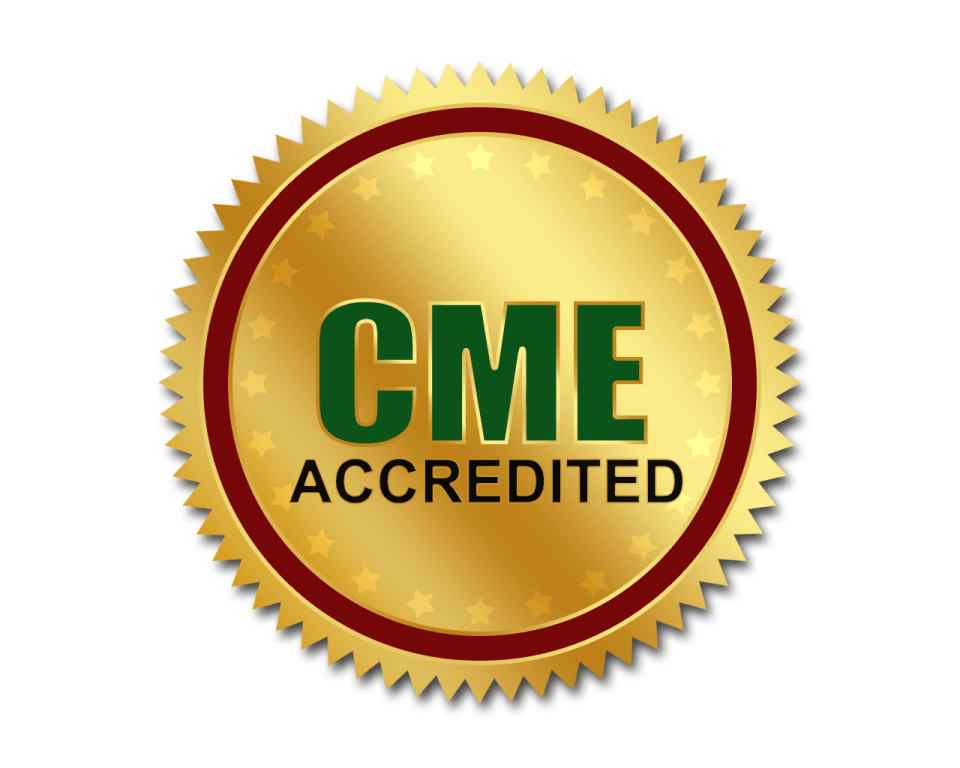Kimberly Burnham
Akamai University, USA
Title: Beyond Diagnosis: The individualized approaches complementary and alternative medicine practitioners take in working with clients with multiple sclerosis
Biography
Biography: Kimberly Burnham
Abstract
In 1955, E. Sedlacek wrote an article entitled, “Remedial massage in multiple sclerosis,” for the journal, Hippokrates. Since then manual therapists and complementary and alternative medicine practitioners have been assessing clients and putting together rehabilitation programs for people with multiple sclerosis that bring together a number of elements and approaches tailored to the individual presenting in their office. Often the symptom picture varies significantly from one individual to the next. There is no list of technique that must be done with people with multiple sclerosis. The treatment plan depends on what is contributing to the individual's symptoms. There are a wide range of assessment techniques that can be used to find the solutions to the symptoms. Just knowing the diagnosis is not enough, the practitioner must consider the best approach to take with their client and to do so they must understand through assessment and palpation what is contributing to this particular symptom picture. A variety of studies show the benefits of Complementary and Alternative Medicine (CAM) with people with Multiple Sclerosis and other neurodegenerative disorders. These approaches include, integrative manual therapy, physical therapy, massage therapy, reflexology, reiki, acupuncture, music therapy, yoga, exercises and activities designed to increase quality of life. In a 1994 study by Fawcett, J., J. S. Sidney, et al., “Use of alternative health therapies”, 16 people with multiple sclerosis (MS) said, physical therapy, counseling, nutrition and massage were the most frequently used alternative therapies. Other therapies included acupuncture, occupational therapy, aquatic therapy, therapeutic touch, yoga, passive exercise and removal of mercury alloy tooth fillings. Almost two thirds of the respondents reported seeking an alternative health practitioner because traditional physicians offered no cure. Just under a third of respondents stated the quality of their lives was improved by alternative therapies

